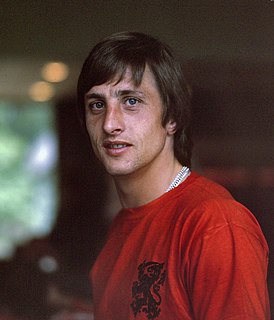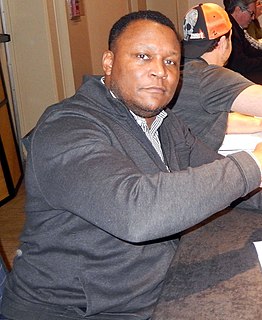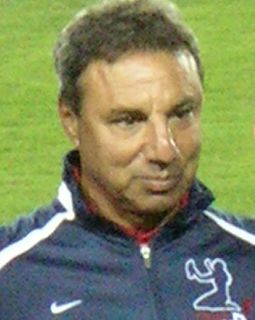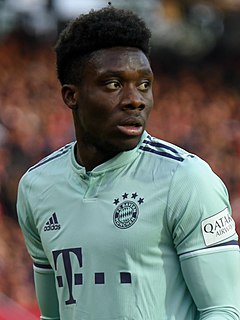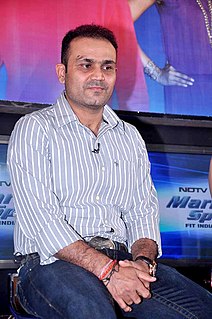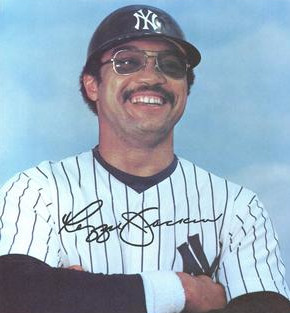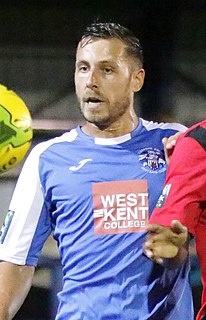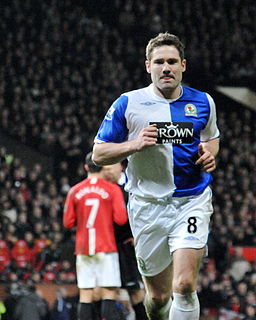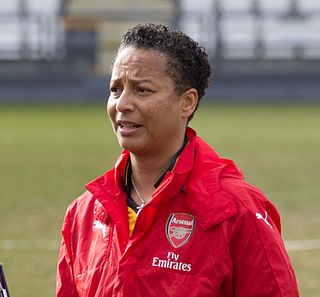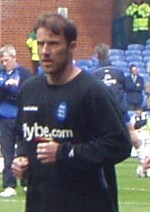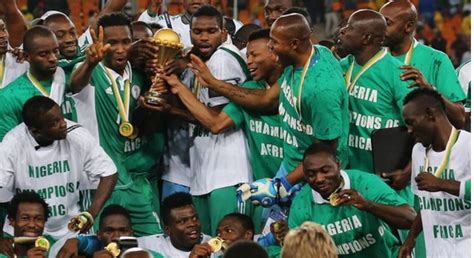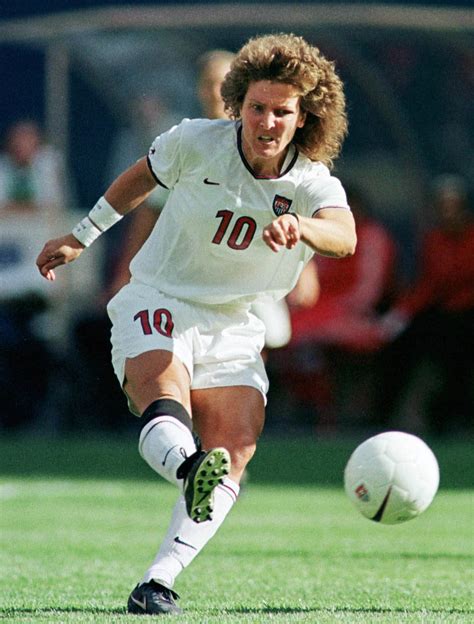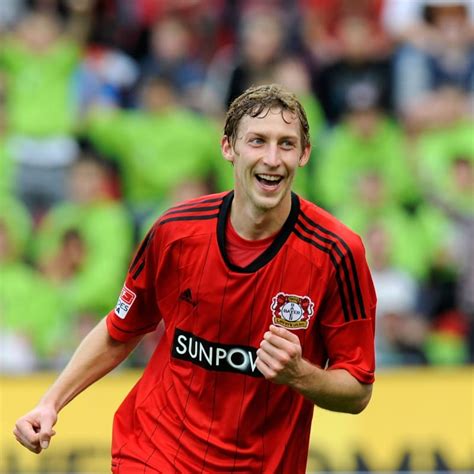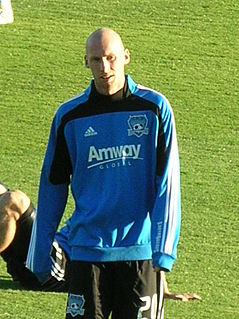A Quote by Johan Cruijff
When you play a match, it is statistically proven that players actually have the ball 3 minutes on average ... So, the most important thing is: what do you do during those 87 minutes when you do not have the ball. That is what determines wether you're a good player or not.
Related Quotes
Offense at Indiana is not equal opportunity. Those players who shoot best are going to shoot most. It is important that every player know his offensive limitations. It is also important that a player know who the best shooter is on the team. When a passer has the option of passing to two players, I expect him to get the ball to the best shooter. I continually stop practice and ask players who the best shooter is and I expect them to know. It is important that you get the ball to your best shooter.
For young players, their minds are not overloaded. I am 54 with four kids and I do many other things. Even if I stopped everything else, spent months working just on chess, for a long match against most of the top players, a classical match, six hours, say, I don't stand a chance. I have a better chance in shorter matches. Rapid is 25 minutes, or blitz events where you have five minutes to make a move, or bullet games, where it is one minute. For blitz, five-minutes chess, I would be top ten, top five. But longer games, no chance.
The hardest thing about an easy match is making a weak opponent play poor. A poor player isn't poor because he tends to kick the ball in his own goal. It's because when you put intense pressure on him, he loses control. So you have to increase the tempo of the game and he'll automatically give the ball away.
Anyone who has played the game professionally, you're always taught that the ball is the most important, most precious thing, so when the ball hits the ground, it's always a mad scramble. It's amazing how many times there is a fumble, and the person who recovers it initially doesn't walk away with the ball.
At a youth soccer game you'll probably hear parents and coaches on the sidelines yelling, 'Pass the ball! Pass the ball!' ... When we continually tell our young players to pass the ball, we're not allowing them to develop their full potential, especially those who have the ability to take their opponents on and beat them one-on-one. As a result, we run the risk of diminishing a player's artistry and potential.
